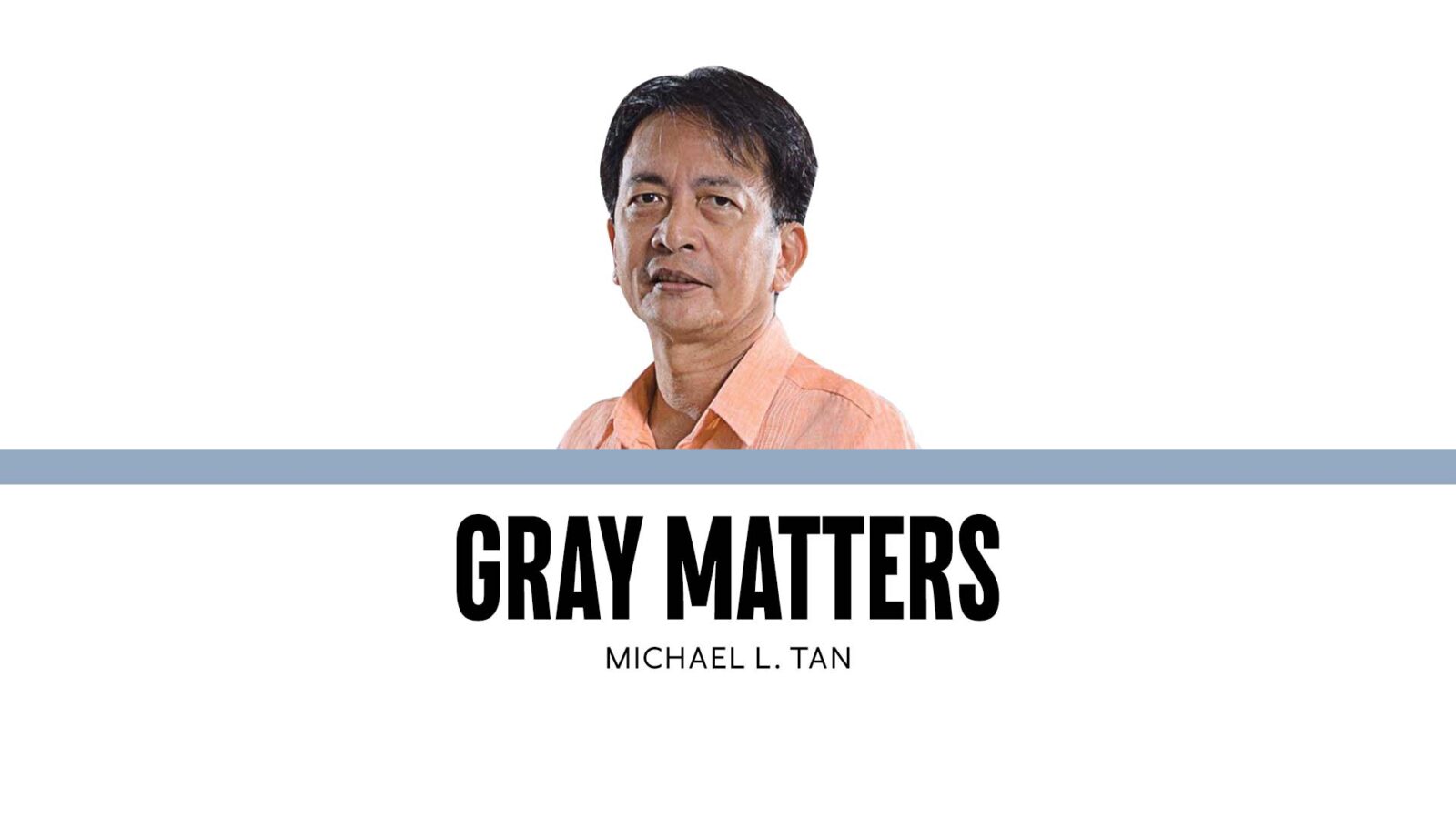Precepts and commandments

I was educated in Catholic schools most of my life, all the way up to my sophomore year in college, and had my fair share of classes in catechism, Old and New Testament, encyclicals. I even served Mass, in Latin, yes, that’s how old I am.
Most of those 18 years, from kindergarten to a doctorate, were with the Jesuits. They were good years, even the religion classes, and I say “even” because much of that was quite grim, doctrinal, dogmatic.
Just one quick example, I think it was in second grade when we had a catechism teacher who warned us about attending Mass every Sunday and that it was a mortal sin to miss even one Mass. In retrospect, I do not recall the teacher mentioning that what made it a “mortal sin” was not having a good reason for having missed Mass. If I couldn’t remember that clause, then of course, I could not recall what would have been a good reason or excuse for missing Mass.
To make her point, the teacher talked about a good little boy who always obeyed his parents. Sadly, one Sunday, the good little boy missed Mass. No reason was given; basta, he missed Mass one Sunday, and woe, he was hit by a car and died. That was a mortal sin, and we were told, if you die with a mortal sin without absolution, you go straight to hell.
Memories of that catechism class still return to haunt me, even if I know the Catholic church is more enlightened today.
But, if I remember my Catholic religion classes, I remember, too, the other classes in philosophy, as well as in history and literature and … Hey, how did those subjects creep into the picture? Well, any Jesuit school worth its salt has a good liberal arts program, which includes lessons in logic and discernment, and I’d like to think, those classes might be more useful than threats of hell and purgatory. I think those horror stories told to young kids come pretty close to child abuse. (And what about using stories of the mumu and aswang to threaten kids? I think there’s a way to tell those stories to older children, partly tongue in cheek. I’m referring to the manananggal hospitals, unfinished projects that look like the aswang that fly around with only half a body.)
I appreciate the Jesuit liberal arts classes and, later, the classes at the University of the Philippines (UP) when I finally got my way and transferred. Thanks still to Ateneo, where I did learn to makibaka.)
After college, I did choose to teach and take up administrative tasks, and now, besides UP, I run a school supported by Buddhists, but with complete freedom of religion, and I am challenged to use the space to discuss a very different religion or philosophy.
An example is the use of the Five Precepts rather than the 10 Commandments. Precepts are guides for behavior, while commandments, especially the way they’re interpreted in countries like the Philippines, evoke the image of Moses on the mountain, with lightning and God handing the commandments—carved on stone tablets—to poor old Moses.
10 Commandments. How many of you remember all 10, in the right order? Mind you, the Buddhist Five Precepts (Pancasila) are much easier, but the sequence can be evasive.
In the end, though, commandments are prescriptive, and, like the pills our doctors prescribe, they’re not easy to follow. Taught well, precepts are more alive because they’re interrelated. Just last week, I was talking with students informally and reminded them about a situation we were handling in school that was creating a lot of problems. Long story short, it involved infidelity and all kinds of complications.
I took the opportunity to remind students that if you use the five precepts as a guide, you’d see how infidelity is a violation of the precept against sexual misbehavior. In addition, though, it was a violation of the precept on honesty (and friendship and trust), besides a life of harsh words and gossip.
It’s the same “template” I use for a class on self-care in health, to discuss the Department of Public Works and Highways scandal (flood control projects but now extended to health facilities and putting so many lives in harm’s way). Remember the high school student in Caloocan who died after wading through floodwaters while he was looking for his father, who, it turned out, was illegally detained? He apparently caught leptospirosis from rat urine in the floods.
Buddhism is a nontheistic religion—you do good and you engender goodness, and the converse applies for evil (what we might call malas but isn’t … we reap what we sow).
The Buddhist ethos also refers to rebirth. There is no heaven or hell; instead, you might end up being reborn with that good-for-nothing spouse you have now. Isn’t that hell enough?
So, there, doesn’t it make more sense to believe in “you sow what you reap”?
Now, do you really believe that those crooks who stole billions should be able to get away with one absolution from a priest?
—————-
michael.tan@inquirer.net


















